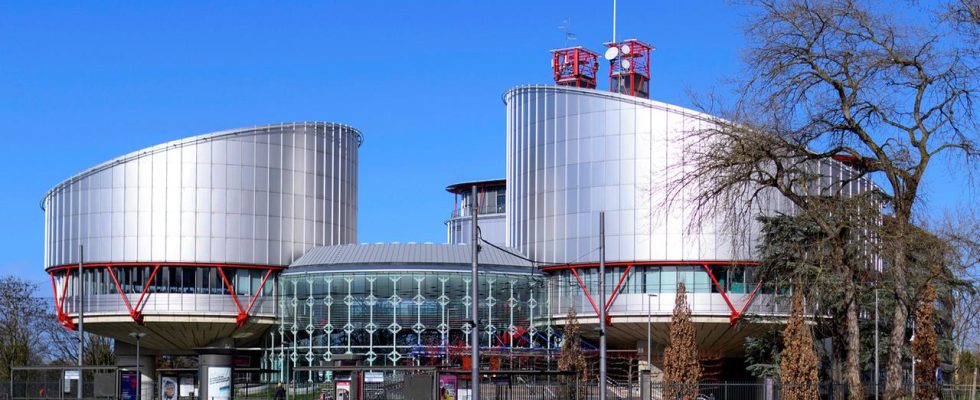Russia is said to have allowed torture and looting in Georgia after the 2008 war. The ECtHR therefore ordered Russia to pay around 130 million euros in compensation. However, it is unlikely that the victims will ever see any money.
After Russia’s attack on Ukraine last year, it was repeatedly recalled that Vladimir Putin’s government had used military force before – only in more distant regions of the world. Now the European Court of Human Rights has once again dealt with such a military conflict, the war between Georgia and Russia in South Ossetia in 2008.
The dispute over this area, which lies in the middle of Georgia but borders on Russia, has been smoldering for a long time. Today, South Ossetia is effectively independent of Georgia, but under international law it is still generally considered part of the country. In 2008, Georgia tried to regain control of the region militarily, but was stopped by Russian troops. This war lasted only five days in total. With the mediation of the European Union, it was quickly brought to an end.
Georgia: Russia the driving force
After the end of that war, Georgia later complained to the European Court of Human Rights (ECHR), Russia tolerated the burning and looting of houses. There have also been arbitrary executions and many civilians have been mistreated.
Main perpetrators: The South Ossetian soldiers in their hatred of Georgians. But Russian soldiers would have participated in part. In any case, Russia had sovereignty over the area at the time and was therefore responsible.
What is the European Court of Human Rights?
The European Court of Human Rights (ECtHR) based in Strasbourg is not an organ of the European Union. The Council of Europe is behind the ECtHR. There are also states that are not members of the EU – for example Turkey or the United Kingdom. For this reason, the ECtHR can also make binding decisions for these countries. In terms of content, the Strasbourg judges examine whether the respective state measures are compatible with the European Convention on Human Rights (ECHR).
Usually, the way to the ECtHR is only open when the legal channels at the national level have been exhausted, i.e. no more legal remedies are possible in the country. In particularly urgent cases, Strasbourg can also make provisional decisions in an urgent procedure. In these cases, the content is mostly about the threat of deportation. In the past, 100 to 200 such urgent applications per year were successful.
By Christoph Kehlbach and Maximilian Bauer, ARD legal department
At the hearing before the court in 2018, the representative of Georgia pointed to the long history of the conflict and criticized that Russia had never recognized modern democracy and had repeatedly tried to hinder Georgia’s quest for independence.
And Russia was the driving force behind all the war crimes in South Ossetia. True peacemakers would not bomb villages, kill people, burn houses, or imprison civilians.
Russia left the Council of Europe in 2022
In 2021, the court in Strasbourg, which was still responsible for both countries at the time, ruled that Russia had indeed violated the European Convention on Human Rights. But only now did the judges decide that Russia would also have to pay for it, namely a total of almost 130 million euros.
Although Russia left the Council of Europe last year, the court says it still has jurisdiction over the dispute. Because the deeds that are at stake would have taken place before – when Russia was just a member.
However, it is unlikely that those affected will ever actually receive money from Russia. It is probably still a certain satisfaction for them, because the court has even determined how much money is to be paid per capita. For example, he has set an amount of 70,000 euros per person for victims of rape.

